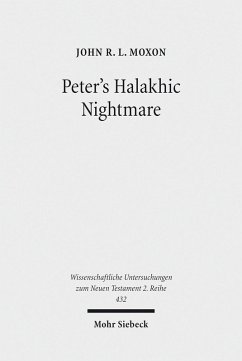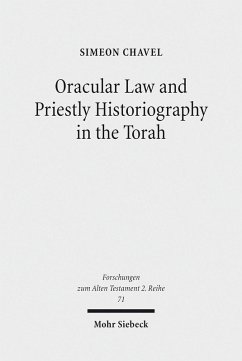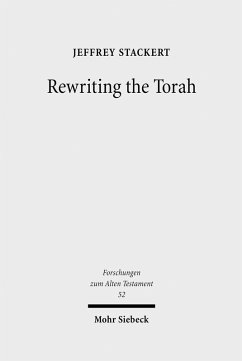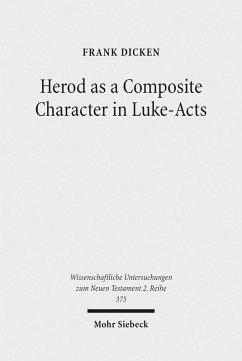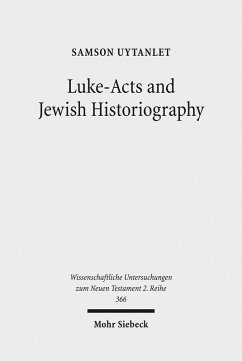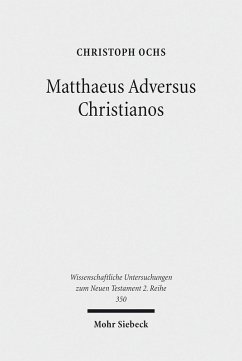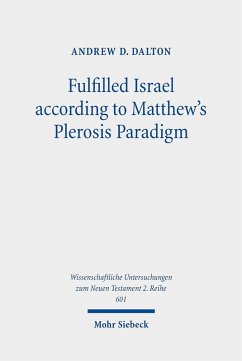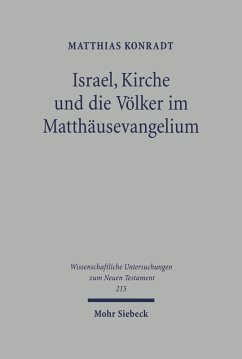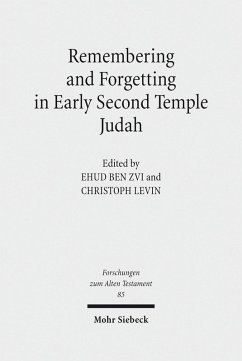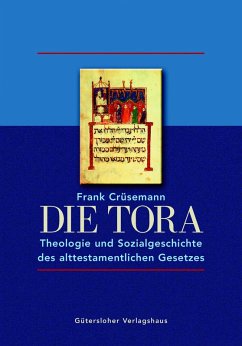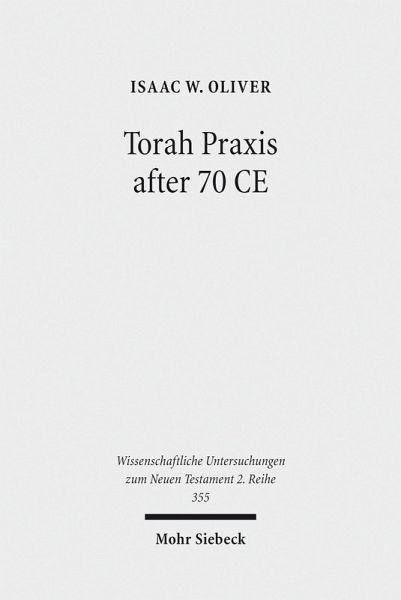
Torah Praxis after 70 CE (eBook, PDF)
Reading Matthew and Luke-Acts as Jewish Texts

PAYBACK Punkte
0 °P sammeln!
Many consider the gospel of Matthew to be one of the most 'Jewish' texts of the New Testament. Luke-Acts, on the other hand, has traditionally been viewed as a very 'Greek' and Gentile-Christian text. Isaac W. Oliver challenges this dichotomy, reading Matthew and Luke-Acts not only against their Jewish 'background' but as early Jewish literature. He explores the question of Torah praxis, especially its ritual aspects, in each writing. By assessing their attitude toward three central markers of Jewish identity - Sabbath, kashrut, and circumcision - Oliver argues that both Matthew and Luke affir...
Many consider the gospel of Matthew to be one of the most 'Jewish' texts of the New Testament. Luke-Acts, on the other hand, has traditionally been viewed as a very 'Greek' and Gentile-Christian text. Isaac W. Oliver challenges this dichotomy, reading Matthew and Luke-Acts not only against their Jewish 'background' but as early Jewish literature. He explores the question of Torah praxis, especially its ritual aspects, in each writing. By assessing their attitude toward three central markers of Jewish identity - Sabbath, kashrut, and circumcision - Oliver argues that both Matthew and Luke affirm the perpetuation of Torah observance within the Jesus movement, albeit by differentiating which Mosaic commandments are incumbent upon Jewish and Gentile followers of Jesus. Luke proves to be just as 'Jewish' as his cousin Matthew in so far as his affirmation of the Mosaic Torah is concerned. The evidence in both Matthew and Luke-Acts suggests that Jewish practices such as the Sabbath and even circumcision continued to enjoy a prominent status in the Jesus movement even after 70 CE, and that Jewish followers of Jesus played an important and integral role in the formation of the ekklesia well throughout the latter third of the first century CE. Born 1980; 2012 PhD in Near Eastern Studies; currently assistant professor at the Department of Philosophy and Religious Studies of Bradley University (Illinois, USA).
Dieser Download kann aus rechtlichen Gründen nur mit Rechnungsadresse in A, B, BG, CY, CZ, D, DK, EW, E, FIN, F, GR, HR, H, IRL, I, LT, L, LR, M, NL, PL, P, R, S, SLO, SK ausgeliefert werden.




